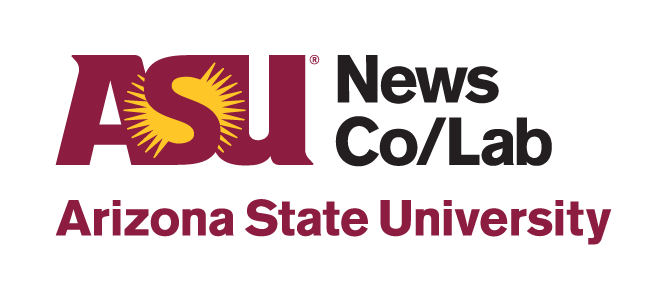
Cheers to 2023’s collaborations
We look back on 2023 as the year of the research collaboration. Thanks to some great partners and compelling research questions, we’ve learned a lot about media trust and misinformation.

End of a Journalism Experiment
You can’t rely on tech companies’ whims

The Corrections Dilemma: increased accuracy, decreased trust
The good news: Corrections work. Learn more about our new research in the Journal of Experimental Political Science.

What we learned teaching news literacy during the infodemic
Theresa Walsh Giarrusso details what she — and her students — learned during her news literacy pilot program.

Cheers to 2023’s collaborations
For more than five years, the News Co/Lab has pursued its mission to collaborate with a wide variety of partners to advance media literacy (it's right in the name!). The last year was a particularly productive one for collaborative research. I feel very fortunate to...

Science the sh*t out of this
This post is part of a new project at the News Co/Lab: an updated version of our Mediactive open online course with a stronger focus on media literacy in science and health. We're building on the core concepts, principles and tactics to help people understand and...

Our new digital media literacy degree: A “user’s guide” to 21st century digital life
About two years ago, my colleague Kristy Roschke and I were contemplating the future of the ASU News Co/Lab and our related teaching of digital media literacy. One idea was to add another course or two, to give students more advanced and nuanced understanding of...

5 Mediactive principles for media creators
It can be easy to assume that the only real creators on the internet are those who publish articles, make YouTube videos or run websites. But in reality, we are all media creators if we have so much as posted a picture on Facebook or replied to a Tweet. How can you...
